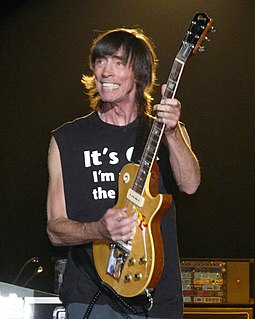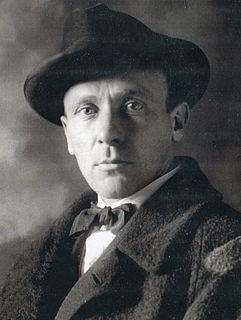A Quote by John Kenneth Galbraith
I've been a faithful reader of the great classical documents of economics, or tried to be.
Related Quotes
Classical economics values things by seeing how much someone will pay for them. But this is where classical economics is wrong. What it fails to account for are all the 'externalities' - the services people regard as free goods: pollination services, flood protection, climate regulation, soil stabilization, carbon sequestration.
In America, one of the great liberal documents of the world is the Declaration of Independence. One of the great conservative documents of the world is the Constitution of the United States. We need both documents to build a country. One to get it started - liberal. And the other to help maintain the structure over the years - conservative.
My mother and my father taught me to look at the actual problem, not the face of it, not the veneer of it. So for me, I was never - I was impressed that it - racially, I was impressed, right, but now in America it's about economics, and it's been about economics, and honestly, everything's been about economics since I don't want to say the beginning of time, but it's been about economics for a long while.
I took classical piano for a couple of years, but I sort of lost interest - I couldn't read a note today if I tried. I still enjoy that stuff, and I think I naturally gravitate towards the classical licks; in fact, I know that I do. I gravitate towards the classical licks that I heard by famous old composers.
The first rule is you have to create a reality that makes the reader want to come back and see what happens next. The way I tried to do it, I'd create characters that the reader could instantly recognize, and hopefully bond with, and put them through situations that keep the reader on the edge of their seat.




































